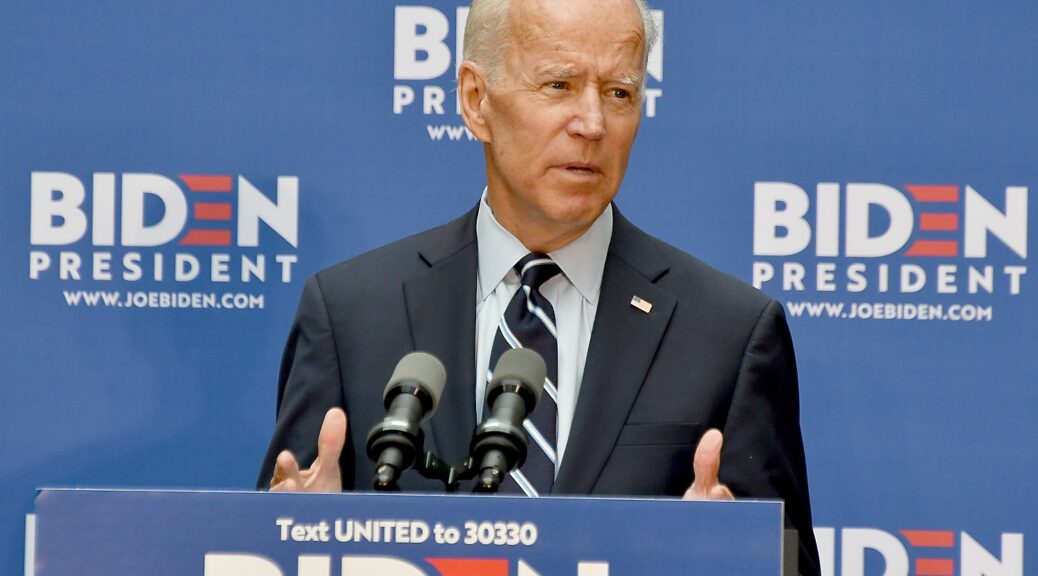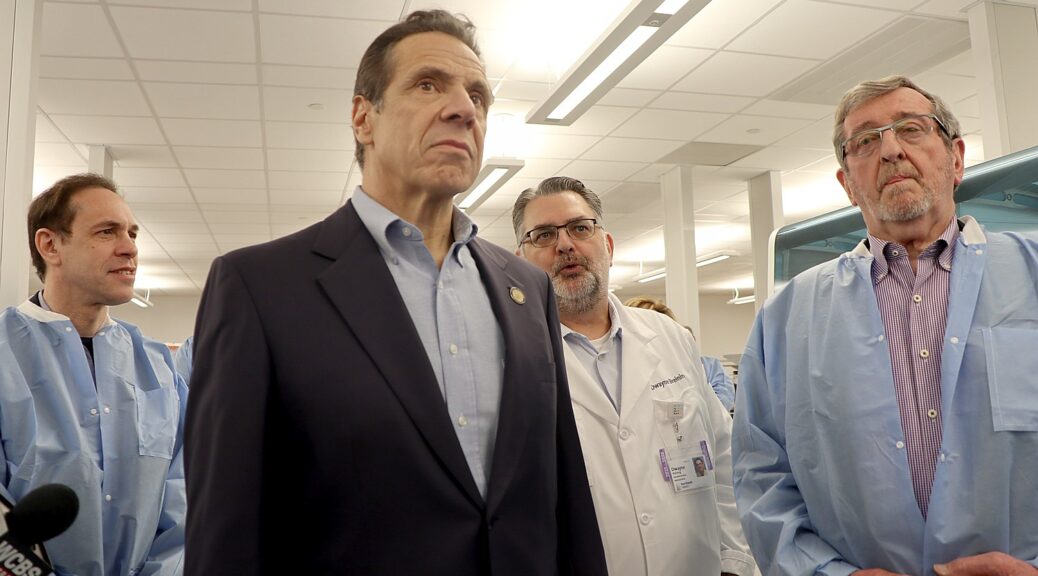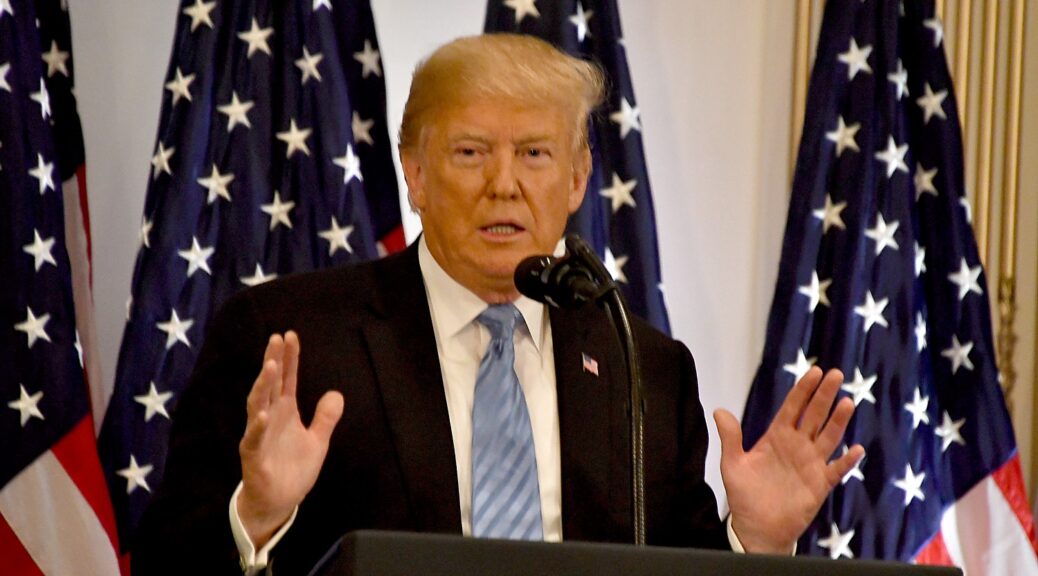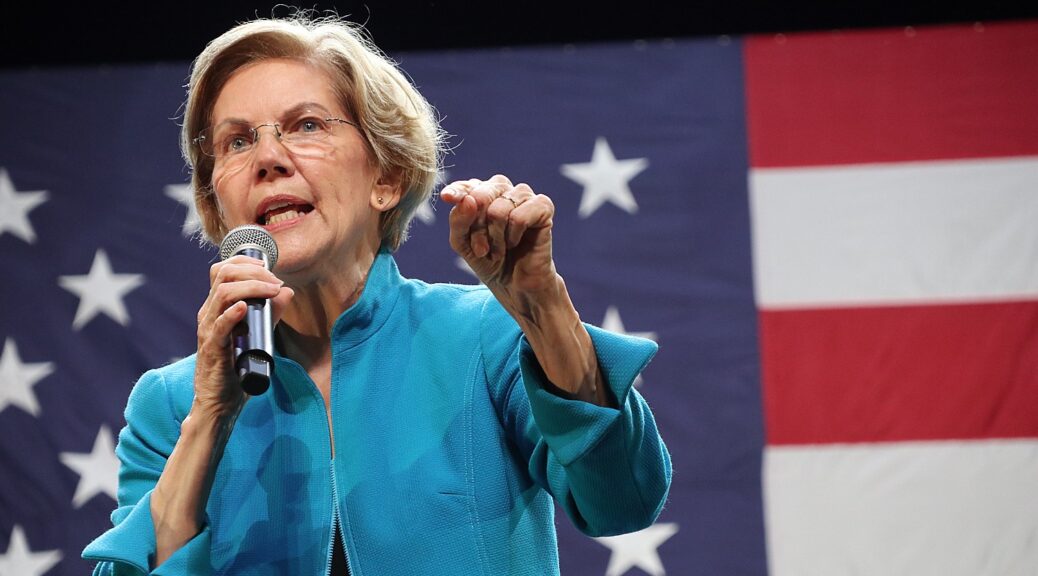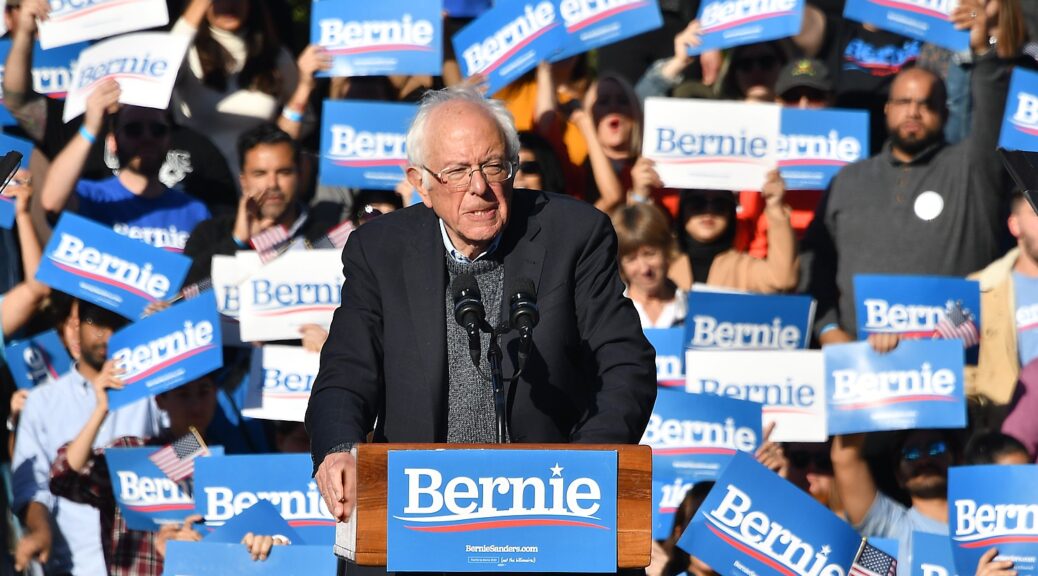
BURLINGTON, Vt. – Sen. Bernie Sanders gave remarks regarding the lessons we can learn from the growing coronavirus outbreak. This is a rushed transcript provided by the Sanders campaign:
Good afternoon everyone, thank you for being here. In the midst of a major healthcare and economic crisis currently facing our country, I’d like to take a few minutes to talk about the lessons we can learn long-term about what we are experiencing today.
As I discussed yesterday, our country is facing, as everybody knows, a medical and economic crisis, the likes of which we have not seen for generations. And we must prepare for this response in an unprecedented way, making certain that our government responds effectively, and protects the interests of all our people regardless of their income, or where they live. In other words, this is not just about giving tax breaks to large corporations, but about remembering the people today who don’t have much money, who are nervous about their economic futures and healthcare prospects.
Needless to say we must massively increase the availability of test kits for the coronavirus and the speed at which the tests are processed. We need to anticipate significant increases in hospital admissions, which means that we will need more ICU units and ventilators, we will need more doctors, nurses, and medical personnel of all kinds – and we must make sure that these frontline personnel are well protected from the diseases they are treating. I have talked to nurses recently who worry very much about whether they are getting the kind of knowledge and equipment they need so that they do not get sick.
We need to significantly improve our communications and collaboration with other countries to ensure that we are learning everything that we can about the successes and failures of other countries as they deal with this crisis. And furthermore, we must be honest with the American people and communicate as effectively and directly as we can with all of the scientific information that we can provide.
Further, and most importantly, our response to this entire crisis must be guided by the decisions of doctors, scientists, and researchers, not politicians.
But as we struggle with this crisis, it is also important that we learn the lessons of how we got to where we are today, and what we must do in the future so that we are better prepared for similar crises that may come.
Poll after poll already shows us that the American people understand that we must do what every other major country on earth does, and that is to guarantee healthcare to all of our people as a human right, not a privilege. As we begin to see the failures and vulnerabilities of the current healthcare system, my guess is that those numbers and the demand for universal healthcare will only go up.
The American people are asking: how is it possible that we spend twice as much per capita as the people of Canada and other major countries, while 87 million of us are uninsured or underinsured.
And obviously, in this crisis, and unbelievably, it means that people
who are sick today, people who woke up this morning with symptoms of the
coronavirus, are saying, “you know I feel sick but I cannot afford to go to a doctor.” And when somebody is
not treated for the virus – somebody who is unable to afford to go to that
doctor – that means that that infection can spread to many others, putting us
at risk.
So it’s not just
a question that in normal times – tragically, unbelievably – that we lose 30,000 people a year because they
don’t get to doctor on time, but now the lack of healthcare threatens other
people as well.
How could it be, that when we spend so much more than what other countries are spending, we have millions of people who may be dealing with the virus but they cannot go to the doctor because they can’t afford it? That is a question that must resonate in every American’s mind.
If this isn’t a red flag for the current dysfunctional and wasteful healthcare system, frankly I don’t know what is.
For the benefit of all of us, we must make sure that every person in this country who needs to seek medical treatment can go to a doctor free of charge regardless of their income. That is obviously what we must do now in the middle of a crisis, but it is what we must do as a nation in the near future.
Here are just a few instances about how absurd and dysfunctional our current healthcare system is.
It has been estimated that a full battery of tests for the coronavirus costs over $1,300. First of all, take a look at that – $1,300 to get the test people need to have to know if they have the virus or not.
In America today, 40% of our
people don’t have $400 in the bank to pay for an emergency expense. We
have half of our people living paycheck to paycheck.
If their car breaks down they can’t afford to get it fixed, and if
somebody tells them it costs $1,300 for the test to determine whether you have
the coronavirus if they’re sick, what are they supposed to do? What happens to
them?
How can someone without insurance afford to pay $1,331 to get tested when they don’t even have $400 in the bank? What are they supposed to do? What happens to them? Do they go to a payday lender where the average interest rate is over 390%? Do they borrow money from their family? Or do they go without the test? Which every doctor in the world will tell them is a test they should have.
And while the Trump administration says it may cover co-pays to cover the cost of testing for those who have insurance, they will not cover the cost of treatment – which could cost tens of thousands of dollars.
How cruel is that? How absurd is that? To say to people, “we’re sorry you have coronavirus, we covered the cost of the test, but now you’re on your own and it’s going to cost tens of thousands of dollars to get treated.” That is totally absurd.
Clearly what we need to do is to make sure that if someone has the coronavirus that person gets the treatment that they need.
In other
words, our current system leaves people uninsured, but even if you have
insurance you may not even have the ability to travel to a doctor near you.
Because now we’re talking about a system in which many rural hospitals have closed down and
they cannot find a doctor in their communities.
The reality today, and this is an issue we must to deal with, is that we don’t have enough doctors, we don’t have enough hospitals, and we don’t have enough clinics in rural communities and inner cities.
Further, we are in a situation when we desperately need affordable prescription drugs, yet we have a pharmaceutical industry that continues to make billions in profits by charging outrageous prices for prescription drugs, sometimes 10x more in this country than in other countries.
In my view,
the most cost effective way to reform our dysfunctional and cruel system is to
move to a Medicare for All, single-payer healthcare system.
And I think in the midst of this crisis, more and more Americans
understand the truth of that.
It is nearly impossible to believe that anyone can still think it’s acceptable to continue with a healthcare system that leaves tens of millions of people uninsured. The cruelty and absurdity of that view is more obvious in the midst of this crisis than it has ever been.
And let’s be clear. Lack of
healthcare and affordable medicine does not only threaten the healthcare and
well-being of the uninsured. It threatens everyone who comes in contact with
them.
In fact, what this crisis is beginning to teach us is that we are only as safe as the least insured
person in America.
Further, we are the only major country on earth that does not mandate paid family and medical leave. And we’re seeing how that crisis is impacting where we are today.
As we speak, there are millions of workers — right now — who are
being told to go to work, yet they may be ill and should be staying home.
But these very same families
will face financial ruin if they don’t go to work. These are workers in the
restaurant industry, transportation industry, tourism, retail — in other words
the people who interact with the public every single day.
Right now, at a time when half of our people live paycheck to paycheck, and at a time of massive wealth and income inequality, we must directly address the economic desperation facing a huge number of Americans.
So we must finally pass a paid family leave program in the United States to keep this virus from spreading and to keep Americans healthy.
We must do it right now.
People should not be going to work when they are sick, it is unfair to them, it is unfair to the people they are in contact with. And yet, that reality exists, because we are the only major country on earth not to guarantee paid family leave and sick time.
Finally, from a national security perspective, it is incomprehensible that we are dependent on China and other countries for masks, for prescription drugs, for rubber gloves, and for key parts needed to make advanced medical equipment like ventilators.
As a result of globalization and our disastrous trade policies, we have been outsourcing millions of jobs and factories overseas that have gutted our economy. Now we are seeing another tragic and devastating result of those policies, as we find ourselves dependent on other countries to provide the most essential things we need to combat a pandemic and protect the lives of the people in our country.
Now trade is a good thing, but it has to be based on common sense principles. It has to be based on protecting American workers and protecting our national security, making sure we are producing what we need in this country in the event of a national crisis.
Now is the time to begin bringing back production and manufacturing to the United States and enact fair trade policies so that we are never in this position again.
Now here is the bottom line. As we are dealing with this crisis, we need to listen to the scientists, to the researchers, and to the medical professionals, not politicians.
We need to move quickly to prepare for the exponential increase of cases we will be seeing here in our country.
But as we do that, we must begin thinking about how, as a society, we can create a healthcare and economic system that is humane, that is compassionate, and that works for all people, not just the wealthiest.
Now that is an issue that people have had to think about for a long time, but I think in this moment of crisis more and more people understand that we need fundamental changes to our economy, and we need fundamental changes to our healthcare system.

